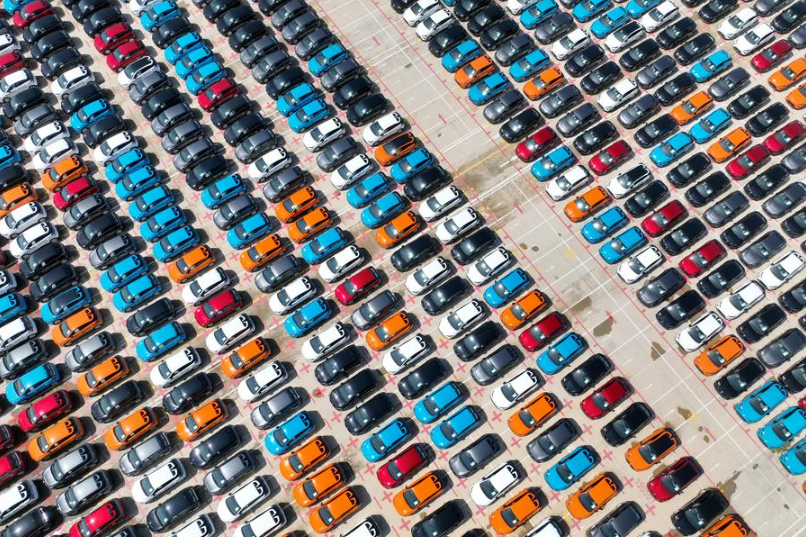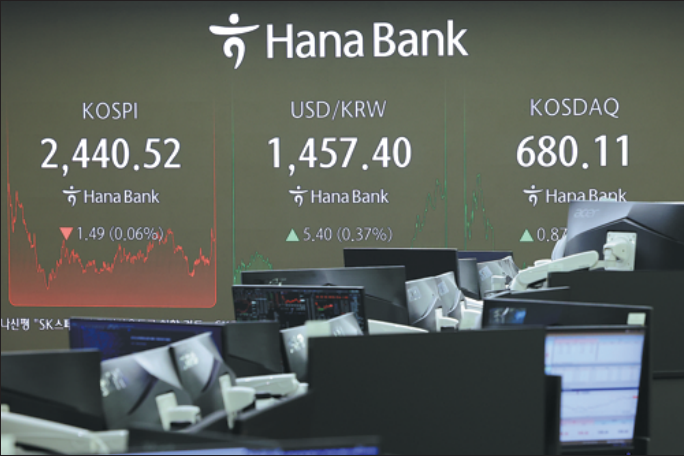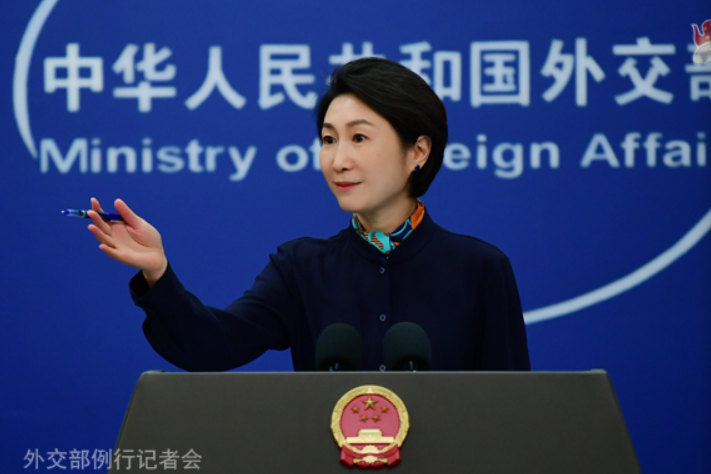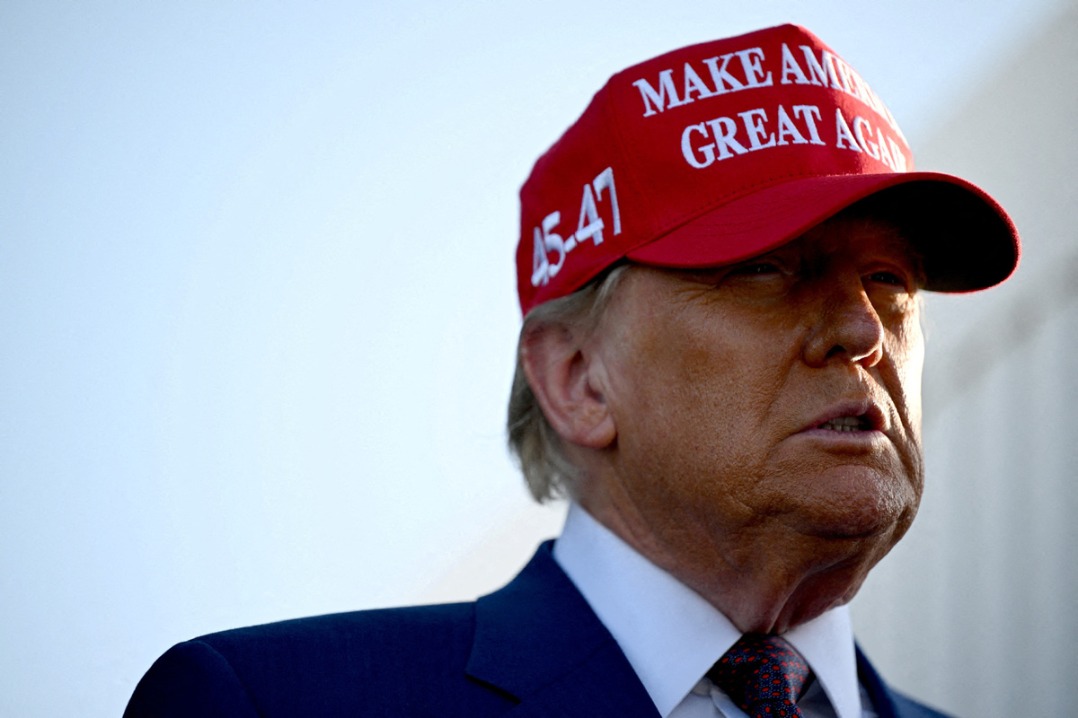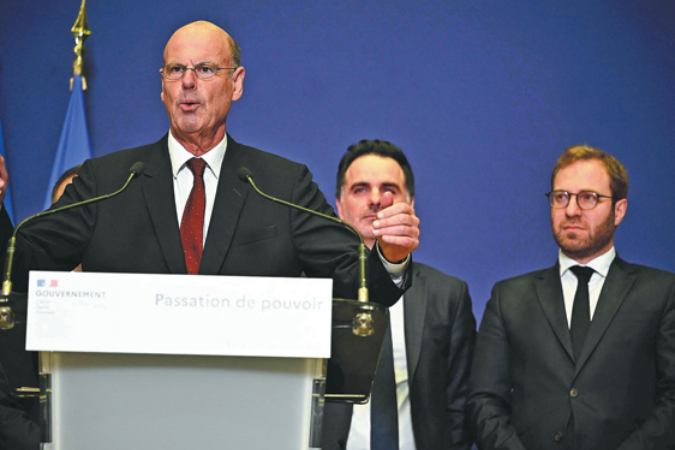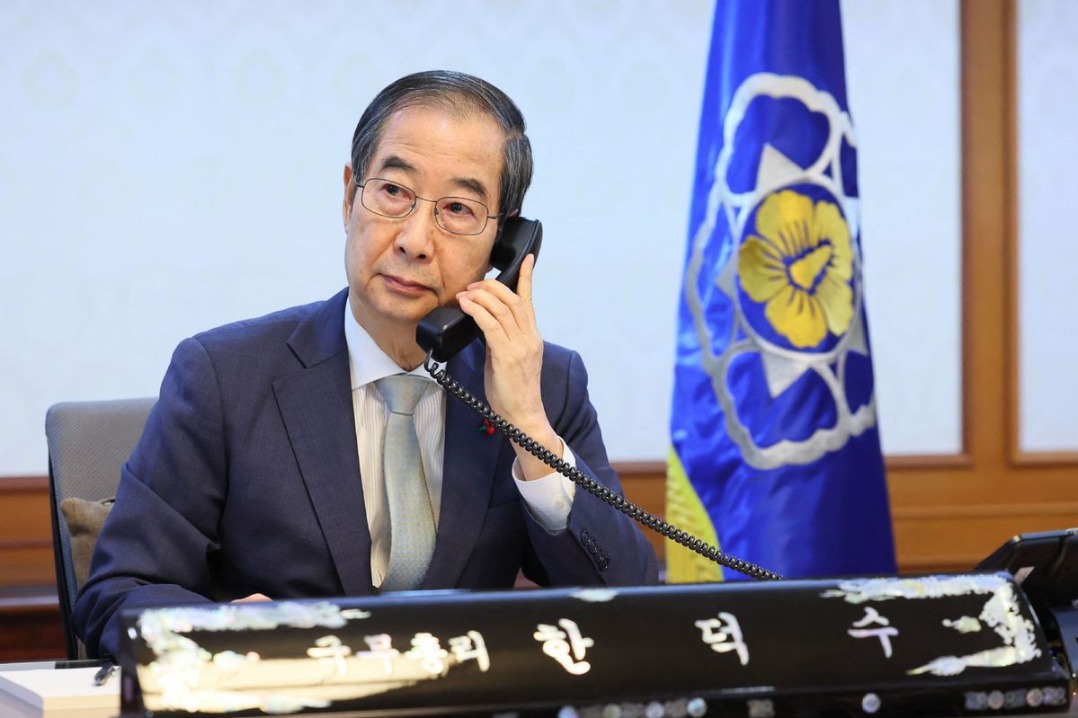Experts mull potential impact of higher tariffs
Concerns aired over negative effects on US economy and global supply chains

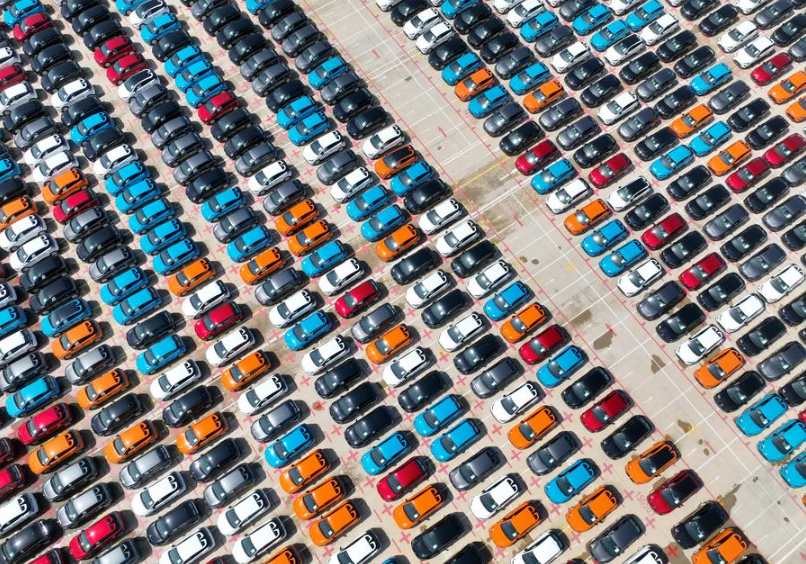
Experts expressed concern over the path of US-China trade ahead of Donald Trump's second term in the White House, as the president-elect has said he would impose wide tariffs on Chinese imports.
Some also said the tariffs could prove detrimental to the global economy. Others said they could have a significant negative impact on the US economy, while China, on the other hand, has the potential to weather the storm.
"He (Trump) talked of a universally applicable tariff which will be to all countries, and then there will be additional tariffs on China," Sourabh Gupta, a senior fellow at the Washington-based Institute for China-America Studies, told China Daily. "He will use a big tariff stick as a hammer to have leverage against China for whatever reasons."
The National Retail Federation, or NRF, in a statement to China Daily, said there could be a potential surge in imports at US ports.
"Either a strike or new tariffs would be a blow to the economy," said Jonathan Gold, NRF vice-president for supply chain and customs policy. Retailers are "bringing in cargo early" to mitigate potential disruptions, he said.
Dockworkers at US Northeast and Gulf Coast ports briefly went on strike in October but agreed to suspend the move until Jan 15. Automation at ports is a key concern for the International Longshoremen's Association.
Ben Hackett, the founder of Hackett Associates, said that retailers are under pressure to "front-load goods".
The Global Port Tracker report, released by the NRF and Hackett Associates, projects continued import growth through spring 2025.
Trump, who will take office on Jan 20, has proposed a 60 percent tariff or more on imports from China, and 10 to 20 percent on goods from other countries in his election campaign. He recently said he would impose tariffs of 25 percent on Canada and Mexico if they did not stem the flow of illegal immigration and drugs at their borders with the US.
'Gigantic shock'
"A 60 percent tariff on all of this is going to be a gigantic shock to the system," Mary Lovely, a senior fellow at the Peterson Institute for International Economics, or PIIE, said at a recent discussion hosted by the PIIE. "We'll see how Trump's base likes them."
She said some products would disappear from the US marketplace because of higher tariffs on Chinese goods, disrupting supply chains and making companies relocate production and seek alternative sources for intermediate goods.
Lovely said she expected Trump to expand the tariffs on China in the second or third quarter of 2025, which she said could cause inflation in the US to rise 1 percent.
She referred to a paper earlier this year by PIIE economists and scholars that argued that policy changes proposed by Trump on tariffs, trade, immigration policy and erosion of the Federal Reserve Board's political independence would "cause a large inflationary impulse and a significant loss of employment (particularly in manufacturing and agriculture) in the US economy".
The paper also said that Trump's tariffs and other plans would backfire, hurting manufacturing more than any sector.
Lovely said the tariffs might cause "a mild deterioration in Chinese GDP and growth", but "how China reacts" would be the key.
"China has greatly diversified both its import sources and its export destinations. And manufacturing for the United States is no longer a driver of the Chinese economy," said Lovely. "I would also note that China has been quite successful in changing its export destinations to make itself less vulnerable."
She also noted China's willingness to use a more aggressive fiscal policy and invest abroad. "For example, the large Chinese-invested port that opened in Peru (in November) is a sign of its increasing ability to reach alternative markets."
Tao Wang, managing director and chief China economist at UBS Investment Bank, said at the PIIE discussion that although a trade war would be harmful to both countries, China may be better positioned to defend against new tariffs.
"China's interest is to stay integrated with the rest of the world."
Gupta said that because Trump wants to boost domestic manufacturing and employment, it could be an opportunity for China to offer to "invest, produce and sell in the US".
Gupta also said China could seek alternative markets.
"There is a lot of opportunity for China and the EU actually to deepen their relationship, even though it is complicated," he said.
yifanxu@chinadailyusa.com
















